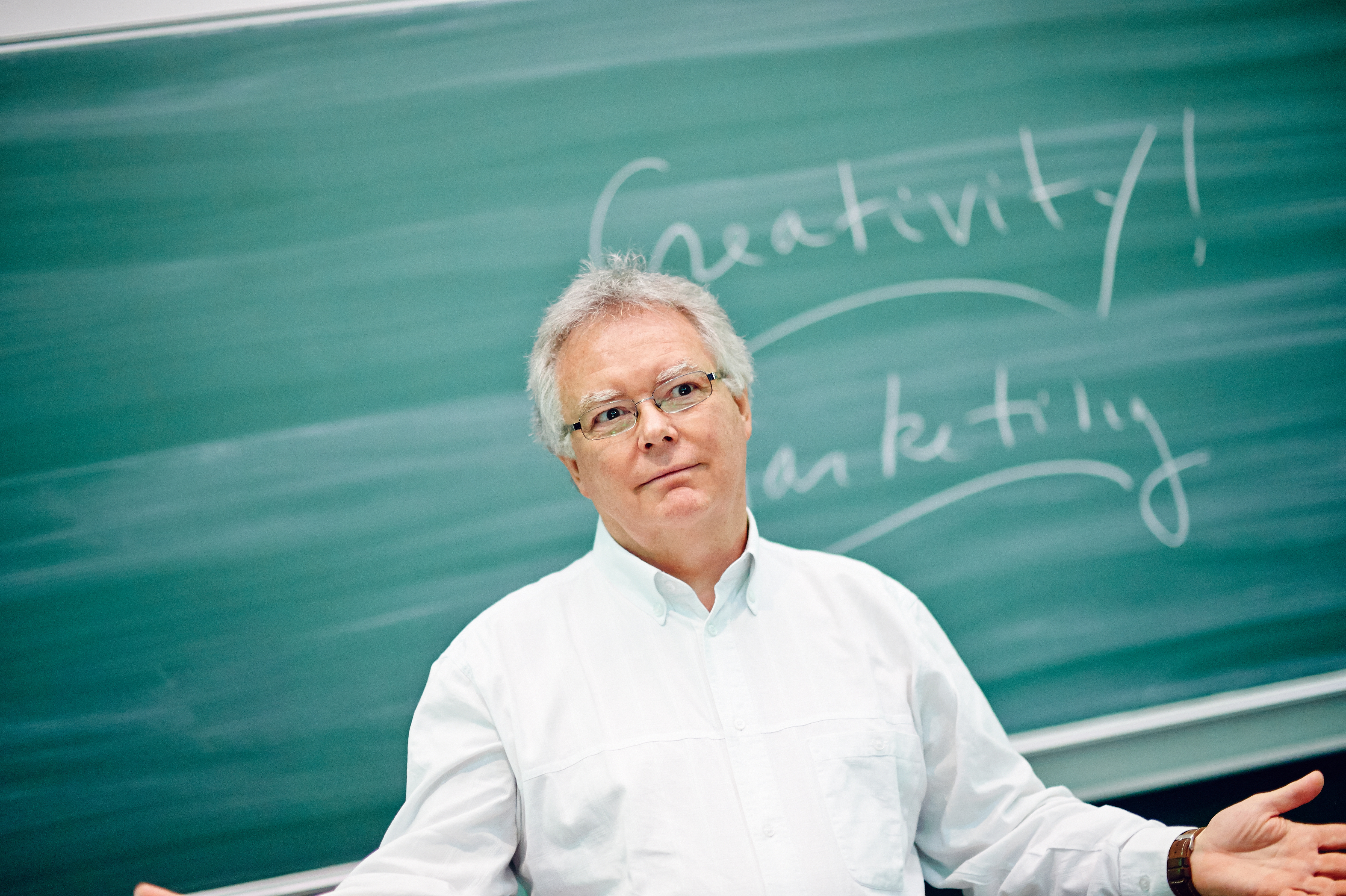Last week was full of final theses presentations. Heavy stress for students. What about profs ?
Well, I always find it a very rich experience. So much human. Smiles or tears. Joy or despair. This is the final step, the end of student life, the entry into adulthood. What a feeling… this moment stays imprinted in a person mind for life. In the old times, before becoming a “master” a journeyman (http://www.dictionary.com/browse/journeyman) had to accomplish a “masterpiece” that would demonstrate that he’s mastering the skills and knowledge needed to get the highest recognition. Our system of master thesis is the heritage of this practice and I like students who ambition to create a “masterpiece”!
Some students now choose not to present their final work. Solvay Brussels decided to make it optional. It’s one of the most stupid decision a faculty can make. The students who are not presenting their work also make a big mistake. First of all it’s a sign of disrespect for those who directed or helped them. Not even having the courage to come and stand out to defend your own output: what a pity ! Secondly they miss the opportunity to show an essential part of their person, to answer questions that might be useful to the understanding of their paper. Finally, maybe more important, they miss a learning experience and a “moment of truth” of their life.
I must say that we lost a bit of formality over the years. A jury chairman should remind to some of our colleagues that some formal attire is adequate as a sign of respect for the student and for the institution. I’ve once seen a young colleague coming in t-shirt and bermuda to a presentation. This is not acceptable !
Students often ask how we can read so many pages without being bored. Well, sometimes it’s boring. The challenge for the writer is to raise our interest.
I use quick reading techniques. I learned them when I was studying at Harvard. Go to the essential, get a general feeling, then go deeper on selected pages.
Students would like jury members who judge objectively. We try but it’s never objective. Should we judge the effort or the end result ? How can we forget about our empathy or our antipathy for some students. So difficult. I think giving a mark is the most difficult sometimes. How can a number reflect the complexity of my opinion ?
So, dear young people, be just sure that profs do not act “à la légère” (lightly). When listening to their comments, listen and learn to accept that you always have to make progress and we cannot make progress without examining our own short comes !
Be inspired !

